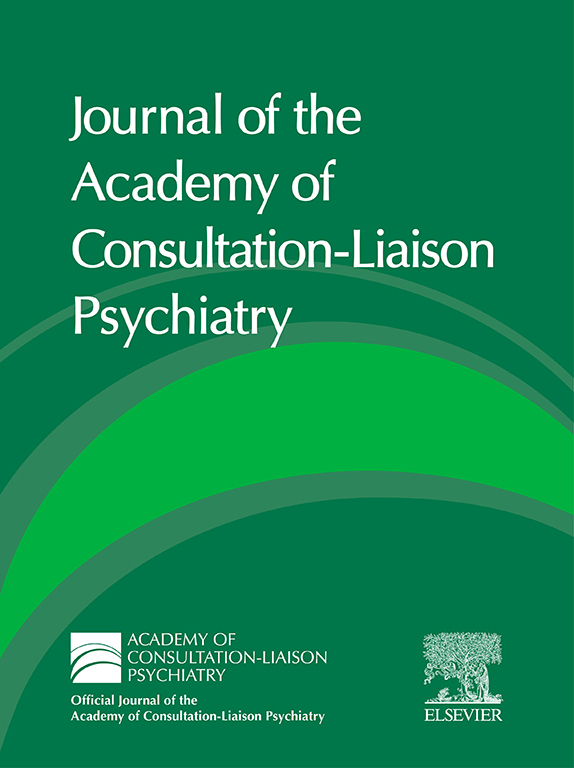Special Report: Be Prepared to Address Technological Addictions in Psychiatric Practice
Author: Petros Levounis, MD, 2022 president-elect of the American Psychiatric Association (APA).
Abstract/Extract: Technological addictions will become a significant aspect of psychiatric care, predicts Dr. Levounis. Some people become so caught up in their virtual world that their real world—jobs, finances, relationships, physical health—begins to suffer.
Just as with substance use disorders, people with a technological addiction can develop tolerance and also think obsessively about their behavior when not online, and they experience withdrawal symptoms when shut out from their technology of choice.
To date, however, only one technological addiction has been semi-officially recognized by the APA through DSM-5: internet gaming disorder. Specialists agree, however, on seven major, online behaviors of concern: internet gaming, online gambling, online shopping, cybersex, internet surfing, texting/emailing, and social media.
But how do we know if a patient is addicted? “One factor we can be confident about is that time spent online is not a reliable indicator of a problem,” says the author. “How can psychiatrists distinguish a healthy, though time-consuming, habit from an unhealthy psychiatric condition?”
Work defining online gaming disorder can provide a framework. Under the current DSM-5 entry, online gaming disorder is likely present if someone meets five of nine criteria over a 12-month period:
- Being preoccupied with video games.
- Experiencing withdrawal symptoms when video games are inaccessible.
- Requiring more and more playing time to gain the same level of satisfaction.
- Being unable to cut down on game playing despite efforts to do so.
- Giving up other activities to play more frequently.
- Deceiving family members about how much time is spent gaming.
- Using video games to alleviate negative moods.
- Jeopardizing jobs or relationships due to gaming.
- Continuing to play video games despite knowledge of adverse consequences.
Problematic engagement with technology may be a coping mechanism, maladaptive behavior, or a self-medication for an underlying psychiatric condition. Since online gaming disorder became recognized, many families have jumped on it to explain problems in their children, when emergent depression, bipolar disorder, or schizophrenia is the true diagnosis. “Having an external culprit like video games or social media is a less stigmatizing—and thus more easily accepted—problem than a psychiatric illness for many,” says the author.
How to treat patients with such a disorder remains a work in progress. “The best advice currently is to rely on what works well across the broad addiction sphere: providing patients an integrated treatment that incorporates addiction psychotherapy, pharmacological treatment of other psychiatric disorders, and possibly mutual help.”
Importance: Only internet gaming disorder is currently formally recognized as a disorder. But, warns Dr. Levounis: “By the time clinicians get a firmer grasp of today’s ailments, the technology of tomorrow—such as virtual reality and smart devices powered by artificial intelligence—will be commonplace enough to bring about a host of new problems.”
Availability: Published in Psychiatric News by the APA.





